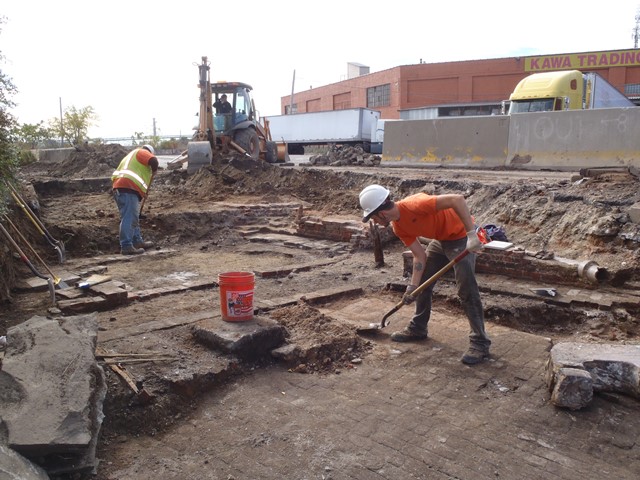Yep, you’re reading that right: the Pennsylvania Department of Transportation (PennDOT) does archaeology! Continue reading

Blog of the Pennsylvania State Historic Preservation Office

Yep, you’re reading that right: the Pennsylvania Department of Transportation (PennDOT) does archaeology! Continue reading
Archaeology is a destructive science. Generally there are no exciting explosions, or catastrophic collapses when undertaking an excavation, but all the same, once a site or portion of a site is excavated it is gone for good. Every good archaeologist is trained to take this fact into account when doing archaeological work. We sketch, note, measure, photograph, and generally record every minute detail of an excavation knowing that we are destroying the very thing we are interested in understanding. This is why there is more than a little truth in the old adage that for every day spent in the field, the archaeologist spends at least as much time, and often more, analyzing, interpreting, and reporting on the information that has been collected. Continue reading
The National Historic Preservation Act (NHPA) of 1966 recognizes that historic preservation is a public interest. Under Section 106 of the NHPA, Federal agencies are required to consider the effects of their projects on historic properties in consultation with historic preservation stakeholders. There is a general lack of understanding related to the consultation process, and how it is carried out varies widely by Federal agency and by project. This blog hopes to provide answers to more common questions about consultation and references for additional information.
© 2025 Pennsylvania Historic Preservation
Theme by Anders Noren — Up ↑
Recent Comments